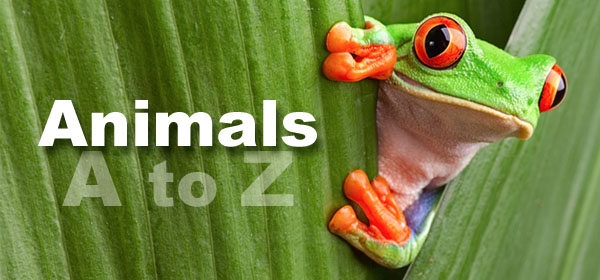What a week to do my blog, there has been so much to celebrate over the course of this week!
Monday 21st April kicked off the week with National Tea Day! Tea is the world’s second most popular drink (after water) I am a huge tea drinker and my go to brand would be Yorkshire Tea. There’s tea for breakfast, tea during break time, tea to wake up, tea to relax…you get the idea. The question of when to add the milk is one which still provokes many an argument. I think that people first pour the tea into the cup, then add the milk, but others disagree (like myself). It is said that this was a way for the rich to show off their wealth. Tea often drank in porcelain cups, and it was only the better quality porcelain that could withstand the temperature of hot tea. This meant that people who had lower quality cups needed to first pour the milk so that the cup wouldn’t break, but I will leave that up to you to decide.
Tuesday 22nd April welcomed Earth Day and this year marks 55 years since Earth Day first began. Every year there is a different theme, this year the theme for Earth Day 2025 is ‘Our power, Our planet’, which focuses on renewable energy. It’s a chance for people to honour the achievements of the environmental movement and highlight the need to protect the planet. Previously themes have included plastic pollution and species protection.
Friday 25th April is World Penguin Day, we are currently home to 18 Humboldt penguins. The aim is to raise awareness of the plight of these birds in the wild. Penguins are such a celebrated species already, with many people falling in love with these little characters. But sadly, many species of Penguin are threatened by habitat destruction. Climate change, overfishing, introduced predators, pollution and oil spills all put pressure on all 18 Penguin species around the globe.
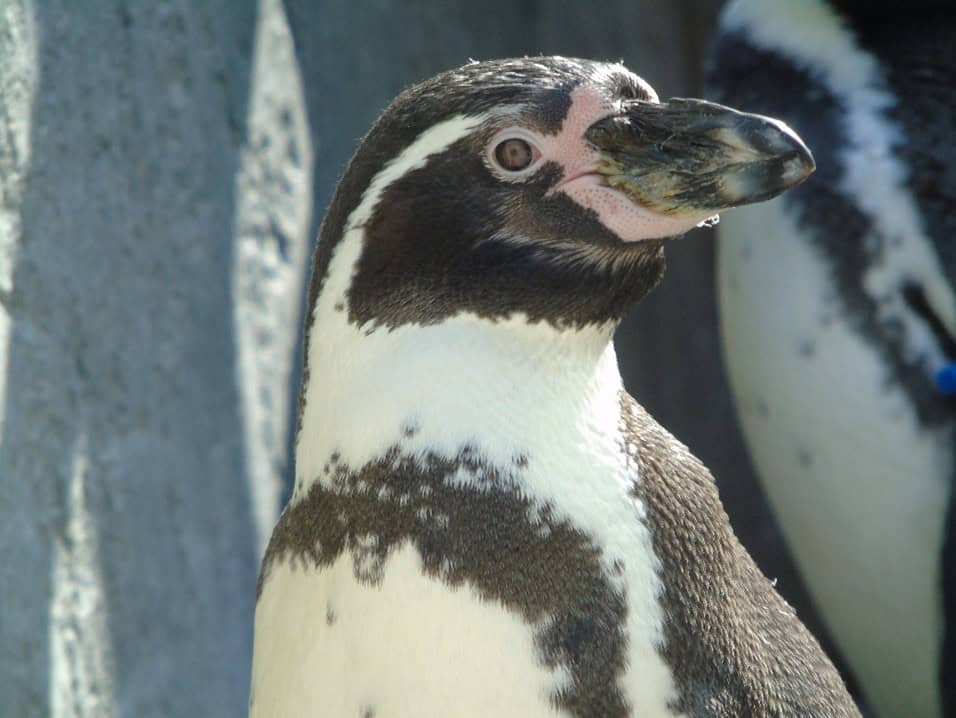
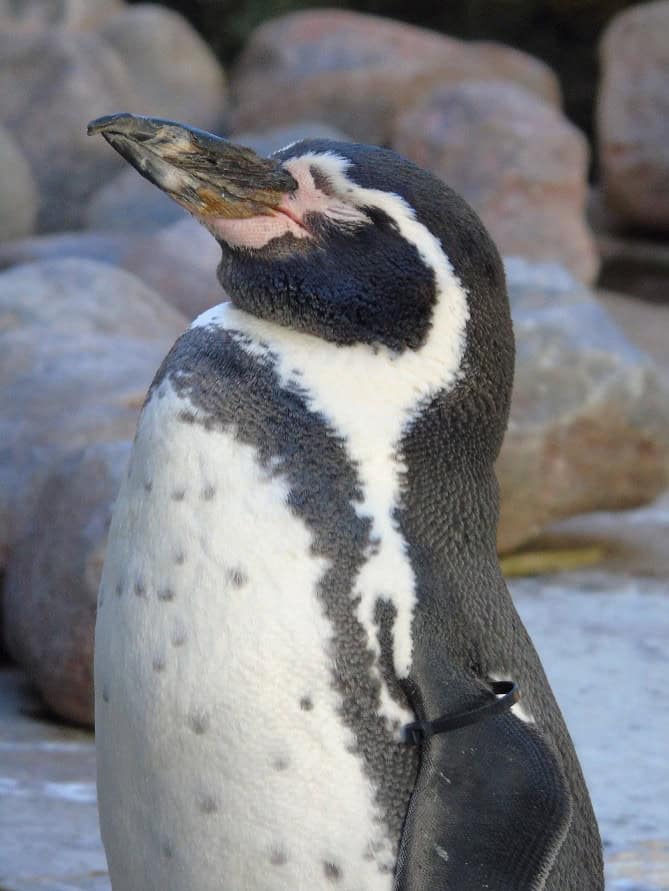
Saturday 26th April celebrates International Flamingo day, we are currently home to 14 Chilean flamingos. Found globally, they occur in the wild on every continent except for Antarctica and Australia. The aim of this day is to educate people about flamingos, their natural history and behaviour, how they live and where they live. The more we understand and appreciate a living being, the more we are likely to care for them and keep them safe.
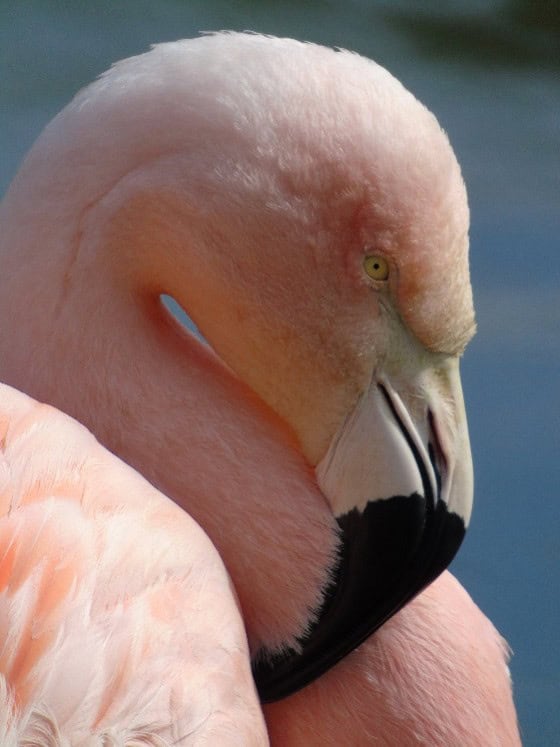
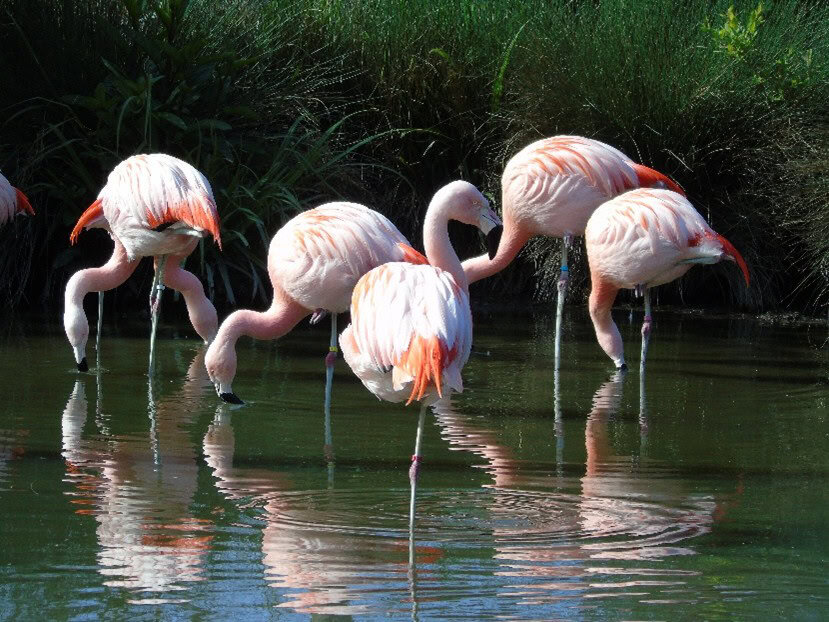
And finally, to end an excellent week on the 27th we celebrate World Tapir Day! On the Mammals section we’re very lucky to boast having two Brazilian/lowland tapirs (tapirus terrestris), 13 year old female, Kathleen and 12 year old male, Nando. As everyone knows I don’t have favourite animal in the park however I do have a huge soft spot for these two! I have been through a lot with these two mysterious creatures over the years, and definitely one of my career highlights to date was the birth of our tapir calf Matilda back in 2017.
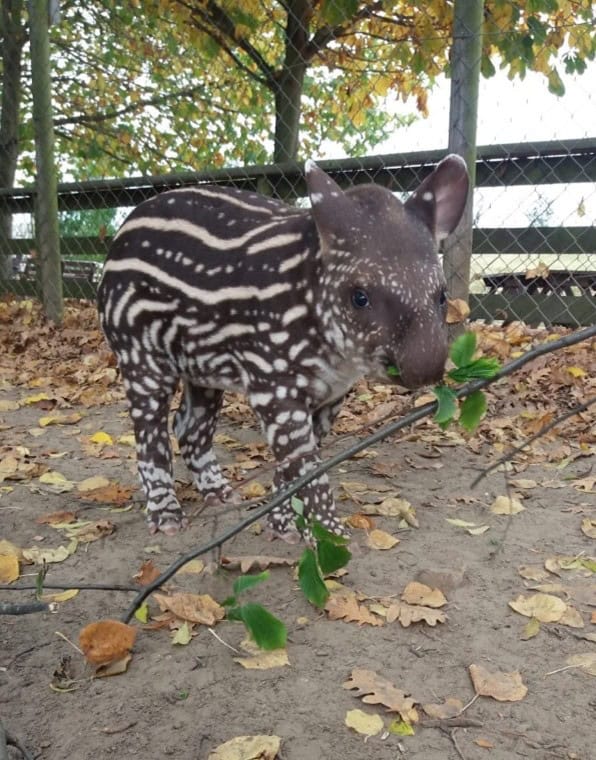
Native to South America and ranging from Colombia to Paraguay and Brazil, tapirs prefer living where its warm, rainy and humid. Their coat is dark on the back and lighter on the underside. Currently there are four living species of tapirs of which three are native to the American rainforests and one native to Asian rainforests with natural predators including Crocodilians and Jaguars. I would now like to draw your attention to the conservation of tapirs that live in the wild. Their main threats are habitat loss due to deforestation, being hunted for their meat/hides and competition with domestic livestock. Although protected throughout their range, lack of enforcement can make laws ineffective. Considered an umbrella species, this means that if you protect their habitat you’ll end up protecting habitat for many other species as well.
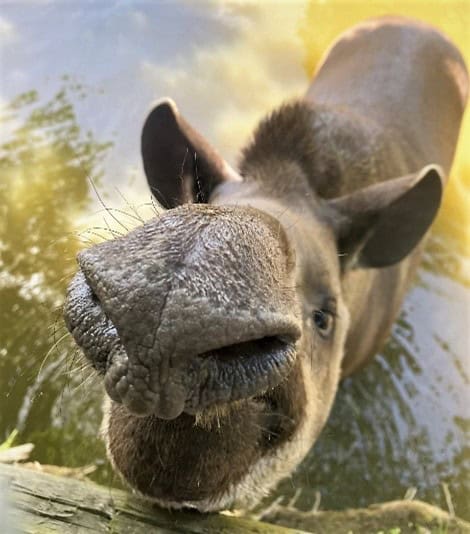
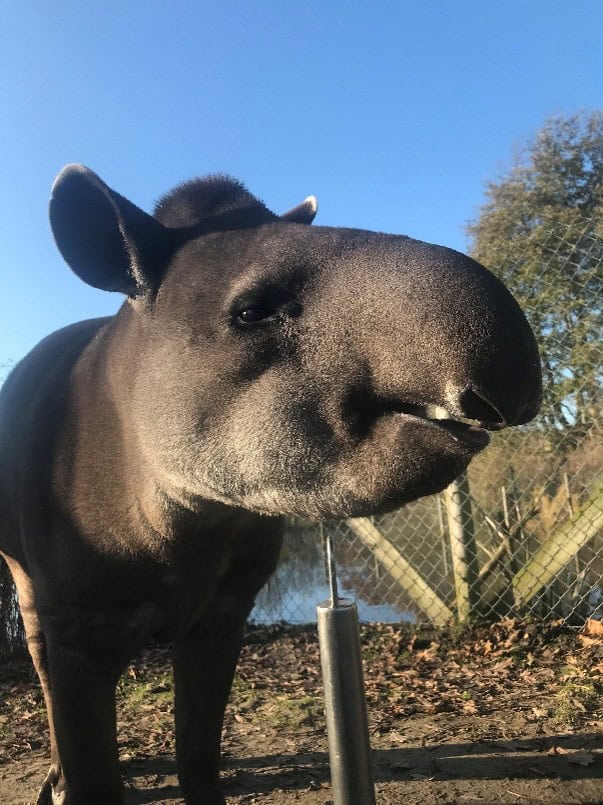
Members of public that come to the park often get the tapirs mixed up with several animals, for example, anteaters. But its not only the case for this species there are a lot of others that people aren’t aware of. For me as a zookeeper, this is something that I’m working hard to change as I believe greater recognition of their species will help conservation efforts in saving these magnificent creatures from extinction.
